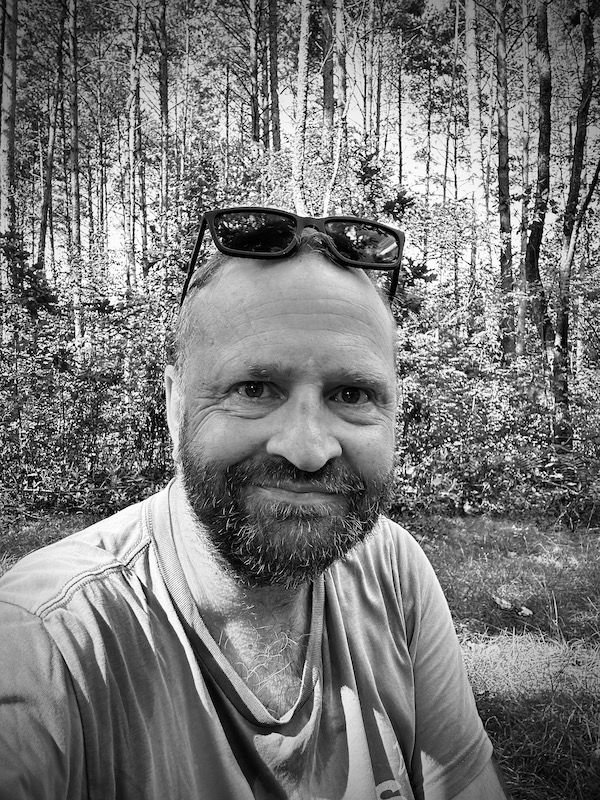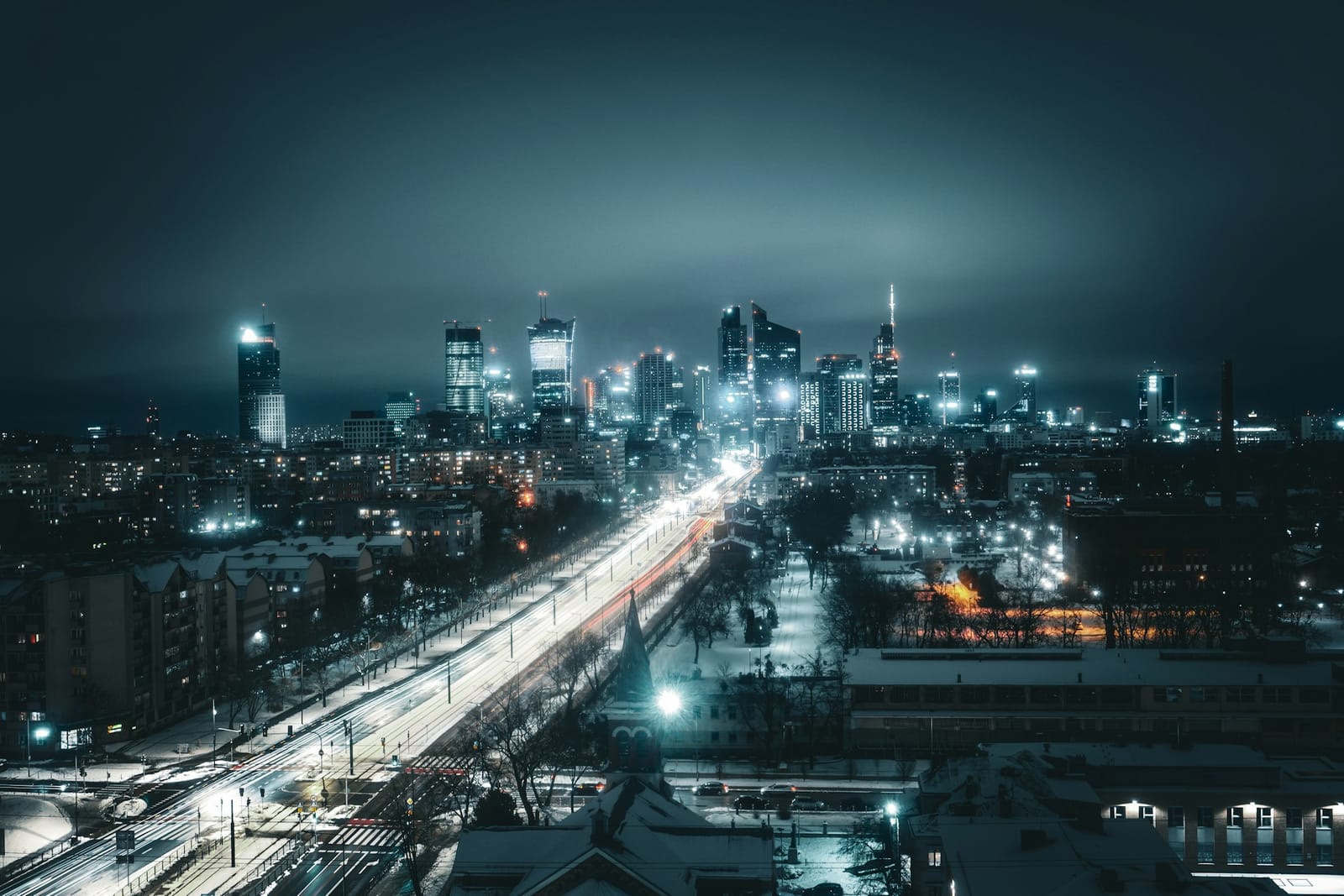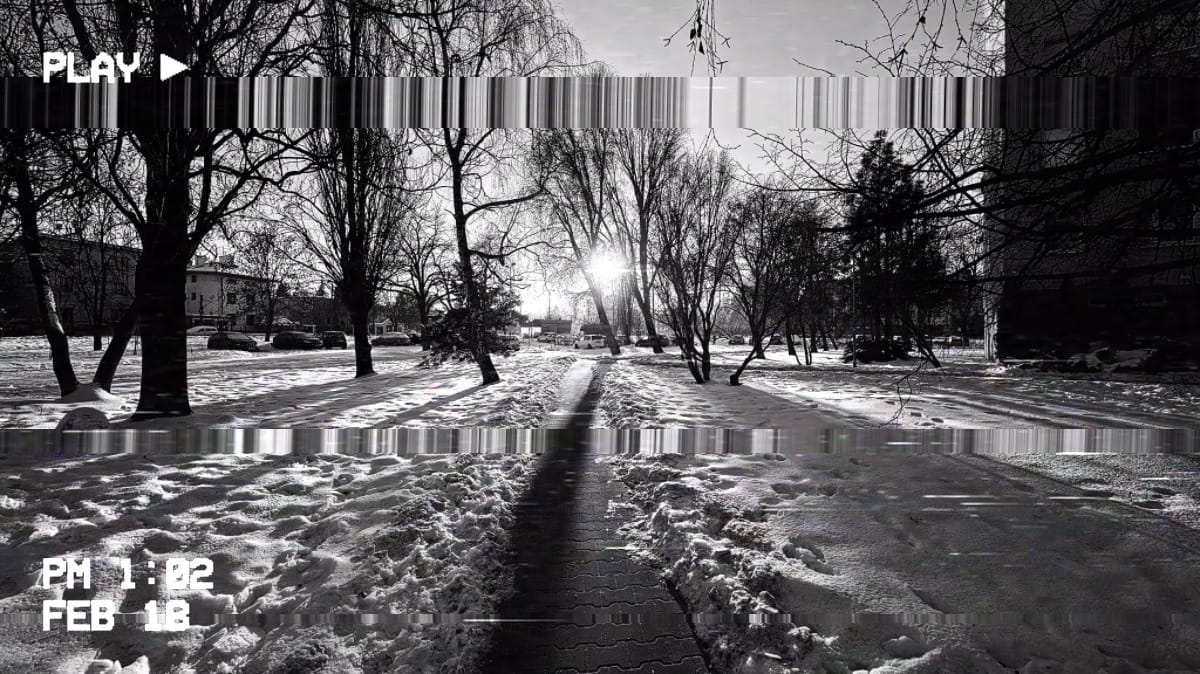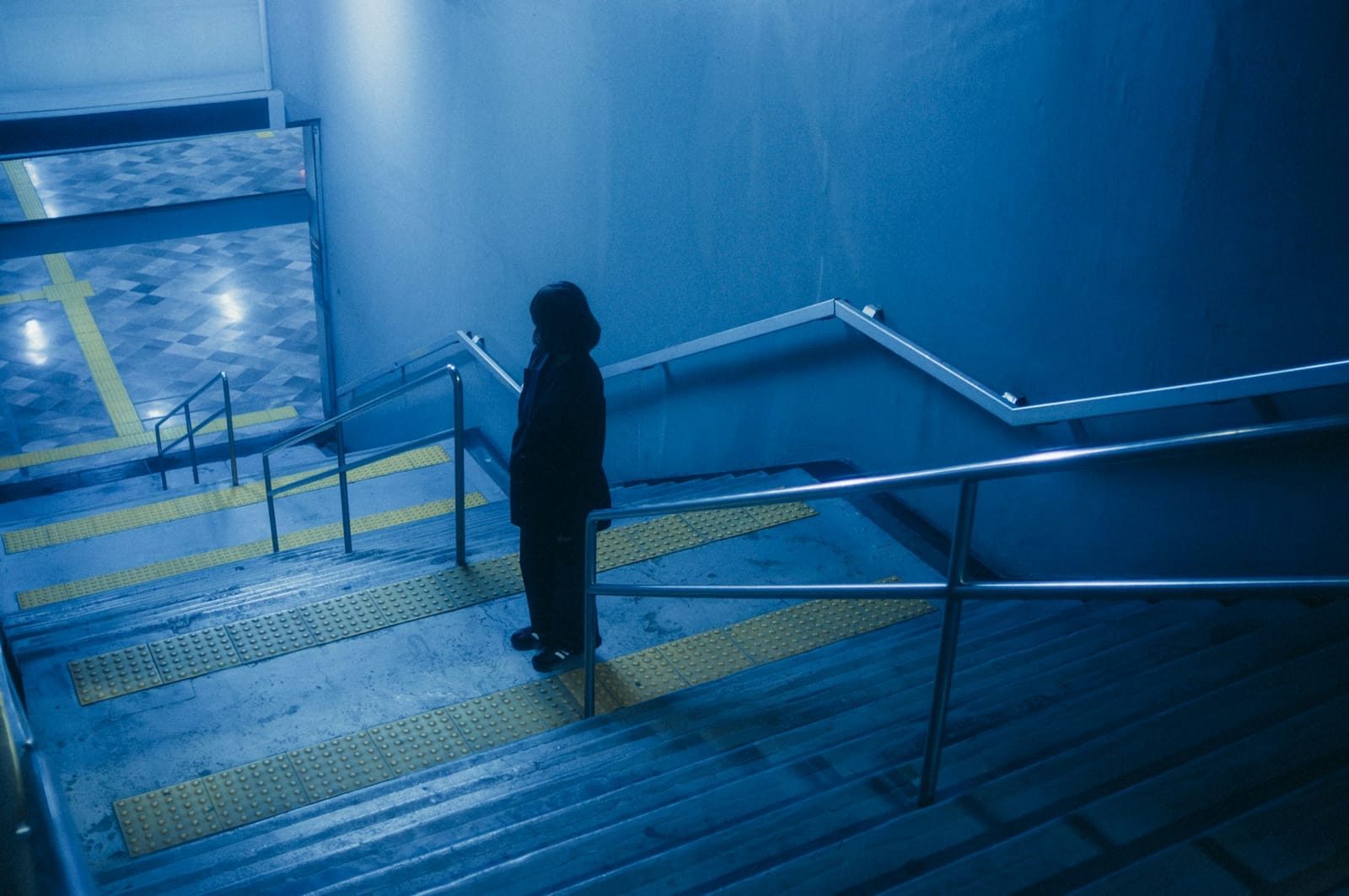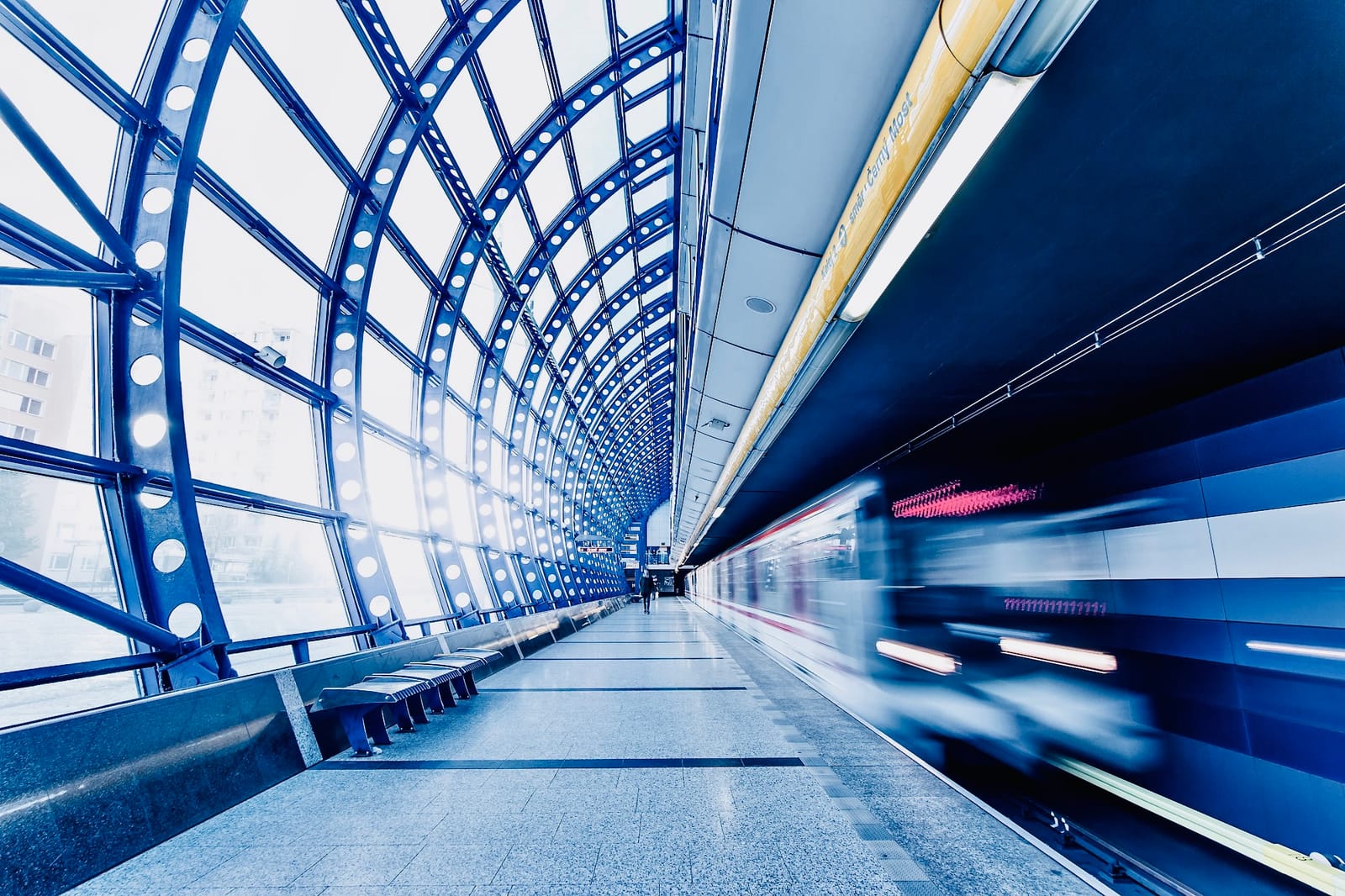I remember it well. I was ten months sober, and I was about to do something that would have terrified me more than any drink I'd ever contemplated: walk through the centre of a major city carrying a banner that announced to the world exactly what I was.
It was Recovery Week, and Forward Leeds - the community that had saved my life with a single phone call - was joining hundreds of other recovery groups for a march through the city centre of Shrewsbury. The idea was simple: show the world that people in recovery aren't hiding in basements or skulking in shadows. We're here, we're healing, and we're not ashamed.
Except I kind of was ashamed. Deeply, profoundly ashamed. And that march was about to teach me the difference between shame and secrecy - a distinction that would change just about everything about how I understood recovery.
The Weight of Invisible Chains
For most of my drinking years, and to some extent in early sobriety, I carried my addiction like a dirty secret. Not just the drinking itself, but the entire narrative of failure it represented. Here I was - a former agency director, educated, successful by conventional measures - and I couldn't control my relationship with alcohol. The cognitive dissonance was crushing.
I'd constructed an elaborate architecture of privacy around my struggle. Strategic sick days to cover hangovers. Careful management of social situations to hide my intake. An entire ecosystem of lies, half-truths, and omissions designed to maintain the illusion that I was fine.
Even after getting sober, that instinct toward secrecy persisted. Recovery felt like something you did quietly, privately, without making a fuss. You fixed yourself and then rejoined society as if nothing had happened. The idea of making my recovery public - of literally marching down the street announcing it - felt like professional and social suicide.
But the team at Forward Leeds saw things differently. They understood something I was still learning: shame thrives in isolation, but withers in community.
The Morning of Reckoning
The morning of the march, I almost backed out three times. I stood in front of my mirror at home, looking at the person staring back - someone who still felt like he was playing dress-up in his own life. How could I possibly walk through the streets of a major city holding a banner about recovery? What if someone from my old agency saw me? What if clients recognised me? What if, God forbid, someone took a photo?
But something deeper was stirring. Maybe it was the ten months of steady community at Forward Leeds. Maybe it was the slow accumulation of days when I'd woken up without a hangover, without shame, without the crushing weight of promises broken to myself. Maybe it was simply that I was tired of carrying secrets.
So off I went.
The Moment Everything Changed
When I arrived at the gathering point, the sight took my breath away. Hundreds of people - maybe even thousands - were assembling with banners, signs, and matching t-shirts from recovery organisations across the UK. These weren't the stereotypical "rock bottom" casualties I'd earlier imagined. They were teachers and nurses, grandmothers and teenagers, business owners and artists. They looked like... everyone else.
And they looked proud.
That's when it hit me: I wasn't the only “successful”person who'd struggled with addiction. I wasn't the only educated person who'd lost control. I wasn't uniquely broken or particularly shameful. I was part of a community so vast and diverse that it rendered my careful categories of "normal" and "addicted" completely meaningless.
When they handed me one end of the Forward Leeds banner, something shifted. I wasn't just David the ex-alcoholic trying to blend back into society. I was David the recovery advocate, standing publicly for something larger than my own shame.
Walking Into the Light
The march itself was extraordinary. We walked through the heart of tShrewsbury - past off-licenses, past the pubs, past professional buildings and past a myriad of slightly confused looking locals! With each step, I felt years of carefully constructed shame literally falling away.
The response from the public was overwhelmingly positive. People stopped to cheer. They took photos - not mockingly, but in celebration. They called out encouragement. Instead of judgment, we received recognition. Instead of stigma, we experienced solidarity.
But the most powerful moment came when I looked around at my fellow marchers and realised something more profound: this wasn't a march of the broken seeking acceptance. This was a march of the healing offering hope.
The Alchemy of Public Recovery
Walking at the front of that march, banner in hand, I experienced what I can only describe as the complete inversion of shame. For years, I'd believed that recovery was something you did quietly, discreetly, preferably without anyone noticing. But standing in the middle of a busy street, surrounded by hundreds of people celebrating their sobriety, I understood that private recovery is only half the equation.
Public recovery - owning your story, sharing your journey, refusing to hide your healing - is where the real transformation happens. Not just for you, but for everyone watching who might be struggling in silence, wondering if recovery is possible for someone like them.
That march taught me that shame isn't cured by hiding it better. It's cured by refusing to hide it at all.
The Ripple Effect of Visibility
The march changed everything about how I perceived my role in recovery. I stopped seeing my story as something to overcome and started seeing it as something to offer. Within months, I was speaking at meetings and events, writing about recovery, eventually building my entire career around helping others find their path to sobriety.
But more than that, it taught me something essential about the nature of healing: it's not just individual, it's communal. When we hide our recovery, we rob others of the hope that recovery is possible. When we make our healing visible, we create permission for others to begin their own.
Every person who saw that march - whether they were struggling with addiction themselves or loved someone who was - received a message that recovery isn't just possible, it's something to be proud of.
That sobriety isn't a consolation prize for people who can't handle life, but a conscious choice made by people who refuse to settle for less than their full potential.
The March That Never Ends
Today, when I work with clients through Phenomenal, I think about that march often. Not everyone needs to carry a banner through city streets, but everyone needs to find their version of public recovery - the moment when they stop hiding their healing and start sharing their hope.
For some, it's posting about their sobriety on social media. For others, it's having honest conversations with family members who've been watching their struggle. Sometimes it's as simple as saying "I don't drink" without elaborate explanations or apologies.
But always, it's about recognising that your recovery isn't just about you. It's about everyone who's watching, wondering if change is possible, waiting for permission to believe that healing is available to people like them.
The Invitation to March
If you're reading this from the shadows of your own struggle - whether with addiction, mental health, or any pattern that's keeping you smaller than you're meant to be - I want you to know something: your healing doesn't have to happen in hiding.
You don't have to carry a banner through city streets (though you're welcome to if that calls to you!). But you do have to decide whether you're going to let shame dictate the size of your life. Whether you're going to allow the fear of judgment to keep you from the community that could transform everything.
Recovery isn't a mark of weakness - it's evidence of strength. It's not something to hide - it's something to celebrate. And it's not just about you - it's about everyone who needs to see that change is possible.
The march continues every day, in small ways and large ones. The question is: are you ready to stop watching from the sidelines and join the parade?
Have you ever had a moment when you stopped hiding part of yourself and found community instead of judgment? I'd love to hear about your own experiences with public healing - however that might look in your life.
